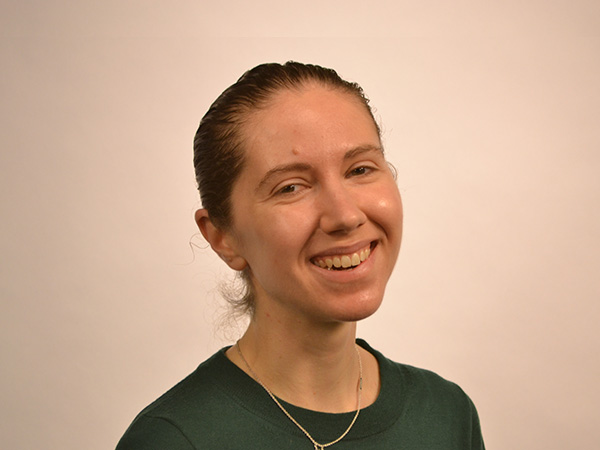Bispecific Anti-PD-1/PD-L1 Antibody’s Dual Impact in Ovarian Cancer

Despite demonstrated success in many solid tumor types, immune checkpoint blockade (ICB) agents have minimal efficacy in high grade serous ovarian cancer (HGSC). In this study (1), the authors describe a novel bispecific anti-PD-1/PD-L1 antibody, which showed increased anti-tumor efficacy compared to mono-specific anti-PD-1 or anti-PDL1. The researchers also delineated that the enhanced anti-tumor efficacy was driven by transition of NK and CD8 T cell subsets from inert and naïve state to more active and cytotoxic phenotypes and that these state changes were induced by epigenetic changes mediated by downregulation of bromodomain proteins like BRD1.
The senior author of the article, Dr. Sarah J. Hill, is an assistant professor of pathology at the Dana-Farber Cancer Institute. This article, titled Enhanced efficacy of simultaneous PD-1 and PD-L1 immune checkpoint blockade in high grade serous ovarian cancer, published in Cancer Res 2020 Nov 6 [Epub ahead of print], suggests that immune therapies that are able to induce state changes in both NK and CD8 T cells may have increased efficacy in HGSC.
In order to advance our understanding of ICB response in HGSC, Dr. Hill utilized a unique organoid-immune cell co-culture technique, which closely resembles the immune microenvironment of patient tumors. By performing assays able to detect the functional ability of immune cells and single cell RNA-seq transcriptional profiling, she successfully validated the organoid co-culture models and demonstrated that efficacy of immune therapies for HGSC can be improved by inducing a change in state of immune cells.
Additionally, the results of the study unveil the role of BRD1 in immune cell activity and open the possibility of exploring the use of small molecules targeting BRD1 in the immune therapy space.
“My AACR-AstraZeneca Ovarian Cancer Research Fellowship was instrumental in giving me the protected time and funding to conduct this clinically important research using my novel organoid co-culture system and demonstrating that mechanism driven immune therapies may have efficacy in ovarian cancer. This work and my award have also helped me to launch my independent research program using my co-culture system to understand how every cell in a tumor contributes to therapeutic response and resistance in ovarian cancer”, says Dr. Hill.
Dr. Hill has received several prestigious awards including the NIH Director’s Early Independence Award. She was also a recipient of a 2019 AACR-AstraZeneca Ovarian Cancer Research Fellowship, a joint effort to encourage and support postdoctoral or clinical research fellows to conduct ovarian cancer research.
References:
- Wan C, Keany MP, Dong H, Al-Alem LF, Pandya UM, Lazo S, et al. Enhanced Efficacy of Simultaneous PD-1 and PD-L1 Immune Checkpoint Blockade in High-Grade Serous Ovarian Cancer. Cancer Res 2021; 81: 158–173. doi: 10.1158/0008-5472.CAN-20-1674